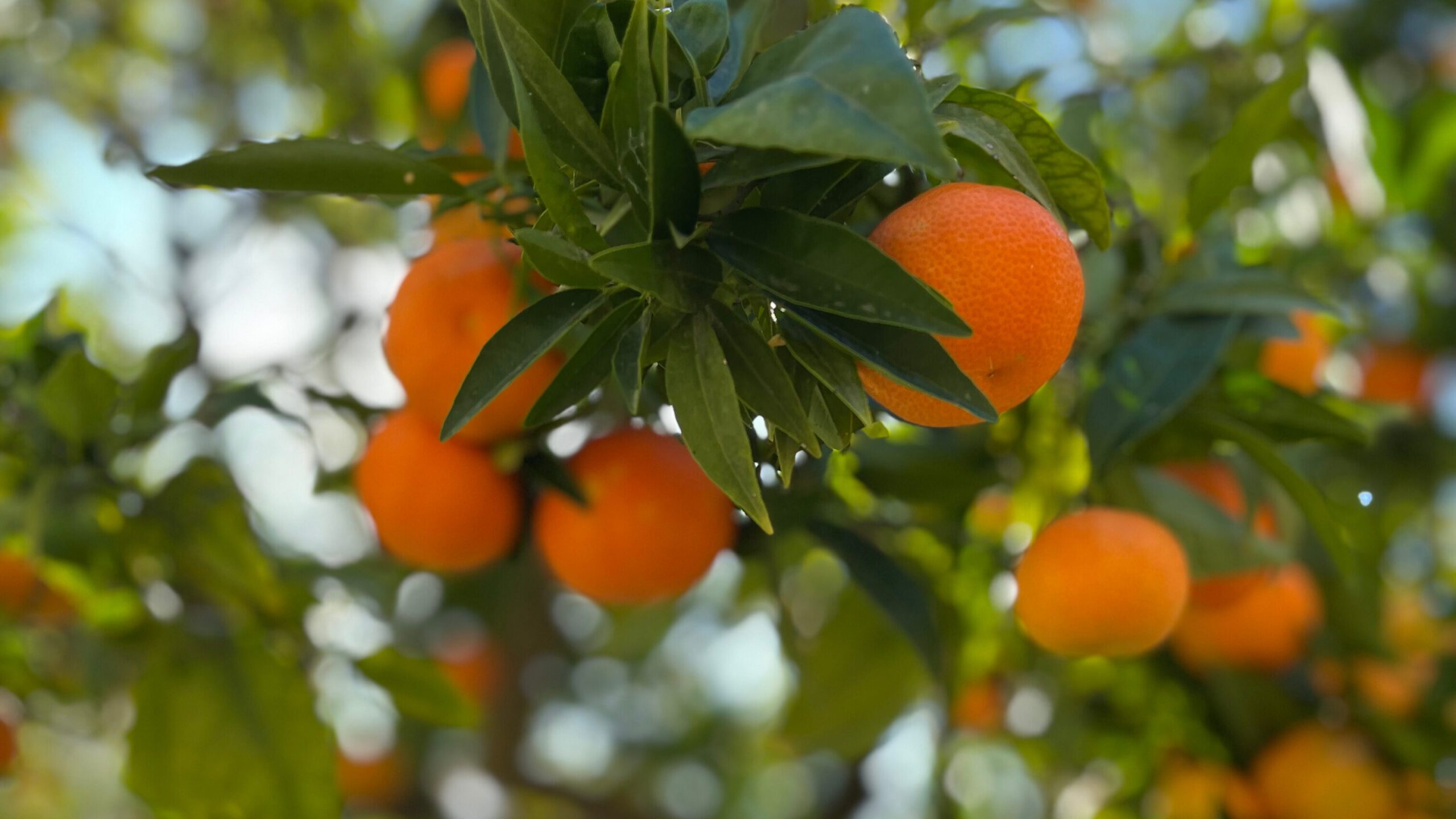How is Olive Oil Made And What Makes it so Special?
In the heart of Mediterranean kitchens lies a golden elixir that has become a worldwide symbol of health and wellness. With its rich flavors and numerous health benefits, olive oil is a testament to nature’s bounty. But how is olive oil made and what makes it so revered? Let’s embark on a journey to uncover the essence of olive oil, its making, and why it should be a staple in your kitchen.
A Treasure Trove of Health Benefits
Olive oil is not just a cooking ingredient; it’s a health elixir.
- Rich in Monounsaturated Fats: It is high in monounsaturated fats, especially oleic acid, which is associated with reducing inflammation and may have beneficial effects on genes linked to cancer.
- Antioxidants: EVOO contains antioxidants like polyphenols, which can help fight oxidative stress and may reduce the risk of chronic diseases, including heart disease.
- Heart Health: Regular consumption of olive oil has been linked to improved heart health. It can help lower blood pressure, improve cholesterol levels, and reduce the risk of stroke.
- Anti-inflammatory Properties: The polyphenols can also act as anti-inflammatory agents, potentially reducing the risk of chronic inflammatory diseases.
The Making of Olive Oil
The journey from the sun-drenched groves to your kitchen is a blend of tradition and technology. The best oils come from olives that are harvested at the peak of ripeness and immediately pressed. Often within 24 hours to preserve the oil’s flavors and health properties. Cold-pressed methods, which avoid heat and chemical treatments, ensure that the oil retains its nutritional profile, offering you the essence of the olive in its purest form.
- The oil is extracted from olive fruits, which naturally contain high amounts of oil that is relatively easy to extract through mechanical means.
- EVOO is produced by crushing olives and extracting the juice using mechanical methods, such as cold pressing. This method preserves the natural flavors, vitamins, antioxidants, and monounsaturated fats in the olives.
- Because of the gentle processing methods used, EVOO retains many of the olives’ beneficial properties, including polyphenols and vitamin E.

Olive Oil vs. The Rest
Compared to common alternatives like vegetable, canola (also known as rapeseed), sunflower or soy, olive oil shines for its minimal processing and superior health benefits. These oils are derived from seeds that contain less accessible oil, requiring more intensive processing to extract efficiently.
These seeds undergo a series of steps that might include crushing, heating, and chemical extraction using solvents like hexane. This helps to maximize oil yield and improve the oil’s clarity, taste, and shelf life. The refining process often includes degumming, neutralization, bleaching, and deodorizing. This removes impurities, free fatty acids, and unwanted flavors and colors.
In contrast, olive oil’s simple extraction process keeps the good stuff in and the bad stuff out without the need for extensive refining and chemicals. It’s free from the trans fats and oxidized compounds often found in these more processed oils, making it a heart-healthy choice for any kitchen.
The Mark of Quality
Not all olive oils are created equal. When choosing an olive oil, look for “extra virgin” on the label, which indicates the highest quality, made from the first press of olives. The term “cold-pressed” is another marker of a premium product. This signifies that the oil was extracted without heat to maintain its flavor and nutritional integrity. Pay attention to the harvest date too; fresher oil means a better taste and more potent antioxidants. There are lots of fantastic online shops to buy top quality olive oil.

The Secret Behind Superior Olive Oils
Why do some olive oils taste better than others? The secret lies in numerous factors, from the olive variety to the soil and climate where they’re grown. The care taken during harvesting and pressing also plays a crucial role. The best producers press olives shortly after harvesting to ensure the oil’s freshness and quality. Certifications from recognized bodies can also guide you to the best bottles, signifying adherence to strict production and quality standards.
in Your Kitchen
Olive oil is incredibly versatile. While extra virgin olive oil also known as EVOO, with its robust flavors, is perfect for dressings and drizzles. More refined olive oils can withstand higher cooking temperatures, making them suitable for sautéing and baking. Introducing it into your meals is not just a health decision but a culinary upgrade, adding depth and character to your dishes.
Embracing the Golden Elixir
In embracing olive oil, you’re not just choosing a healthier fat; you’re adopting a piece of Mediterranean soul. Its health benefits, coupled with its culinary versatility, make it a non-negotiable staple for any health-conscious kitchen and the Mediterranean Diet. So, the next time you’re in the grocery store, remember that a bottle of good quality olive oil is more than just an ingredient; it’s a vessel of life, flavor, and health.
Summary
Olive oil’s journey from the ancient olive groves to our modern tables is a testament to its enduring appeal and myriad benefits. Its unmatched health properties, coupled with its culinary versatility, make it a superior choice among cooking oils. By choosing high-quality olive oil, you’re not just elevating your dishes; you’re nurturing your health. Let the golden elixir be a staple in your kitchen, and bask in the richness it brings to your life and meals.






